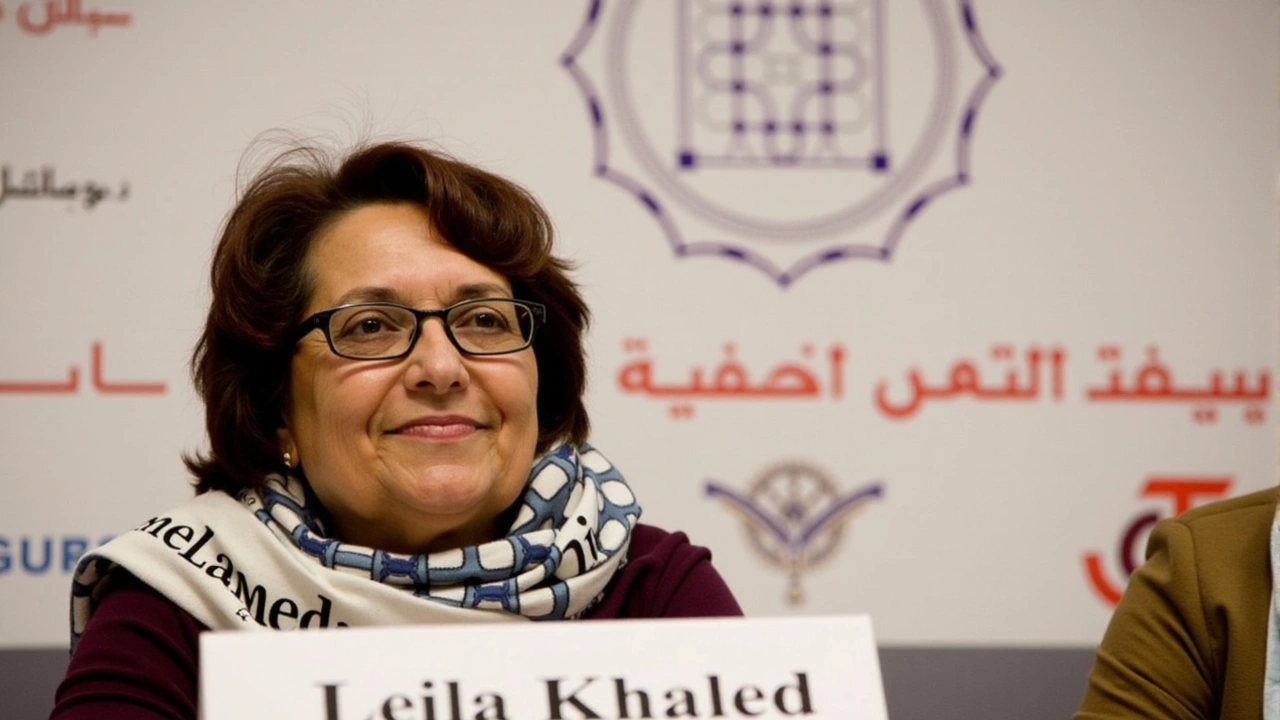Road Renaming: What Happens When Streets Get New Names?
Have you noticed a street name change in your area and wondered why it happened? Road renaming is more common than you might think, and it can stir up strong opinions in the community. Whether it’s to honor someone, reflect local culture, or for practical reasons, changing a road name impacts more than just maps.
Let’s clear up why cities rename roads. Often, it’s about recognizing heroes who made a difference or correcting past mistakes in place names. Sometimes, it’s simply to improve navigation, avoid duplication, or fit new developments. But no matter the reason, it affects residents, businesses, and visitors alike.
How Road Renaming Affects You
At first, a new street name might feel like just a change on signs. But look closer — it affects mail deliveries, GPS directions, property documents, and emergency services. Imagine missing an important delivery or your visitors getting lost because the address changed. Residents often have to update their personal info for bills, licenses, and official records.
Businesses can also face challenges. Marketing materials, websites, and signage need updates, which cost time and money. Regular customers might get confused about the location, impacting sales. On the flip side, a well-chosen new name can boost community pride and attract tourism if it highlights local history or notable figures.
Community Involvement and Road Renaming
You might wonder, how are road names actually chosen or changed? In most areas, city councils or local governments lead the process, but public input is often part of the decision. Community meetings or surveys let residents voice their opinions or propose names. It’s not just a local bureaucracy decision — it’s about reflecting what the people want to see on their maps.
Getting involved is easier than you think. Attending hearings, writing suggestions, or voting on proposals helps make sure the new name fits the community’s identity and values. When everyone’s on board, the renaming feels like a positive step forward instead of an annoying disruption.
Next time you see a street sign replaced, you’ll know it’s more than just paint and metal—it’s a sign of change, community values, and sometimes history being rewritten for today and tomorrow.

Controversial Plan to Rename Sandton Drive After Palestinian Activist Faces Opposition
The South African Zionist Federation is strongly opposing the City of Johannesburg’s proposal to rename Sandton Drive after Palestinian activist, Leila Khaled. The federation calls Khaled a convicted terrorist and argues that this move could offend the Jewish community. On the other hand, supporters view her as a symbol of resistance. The city's final decision is pending public participation.